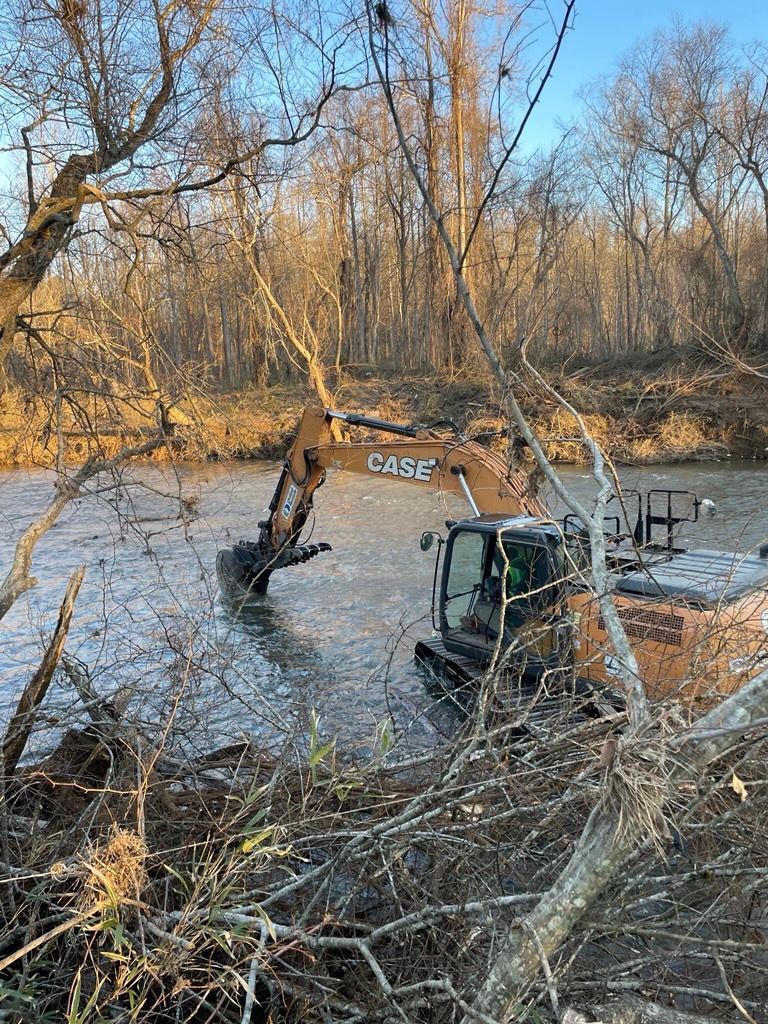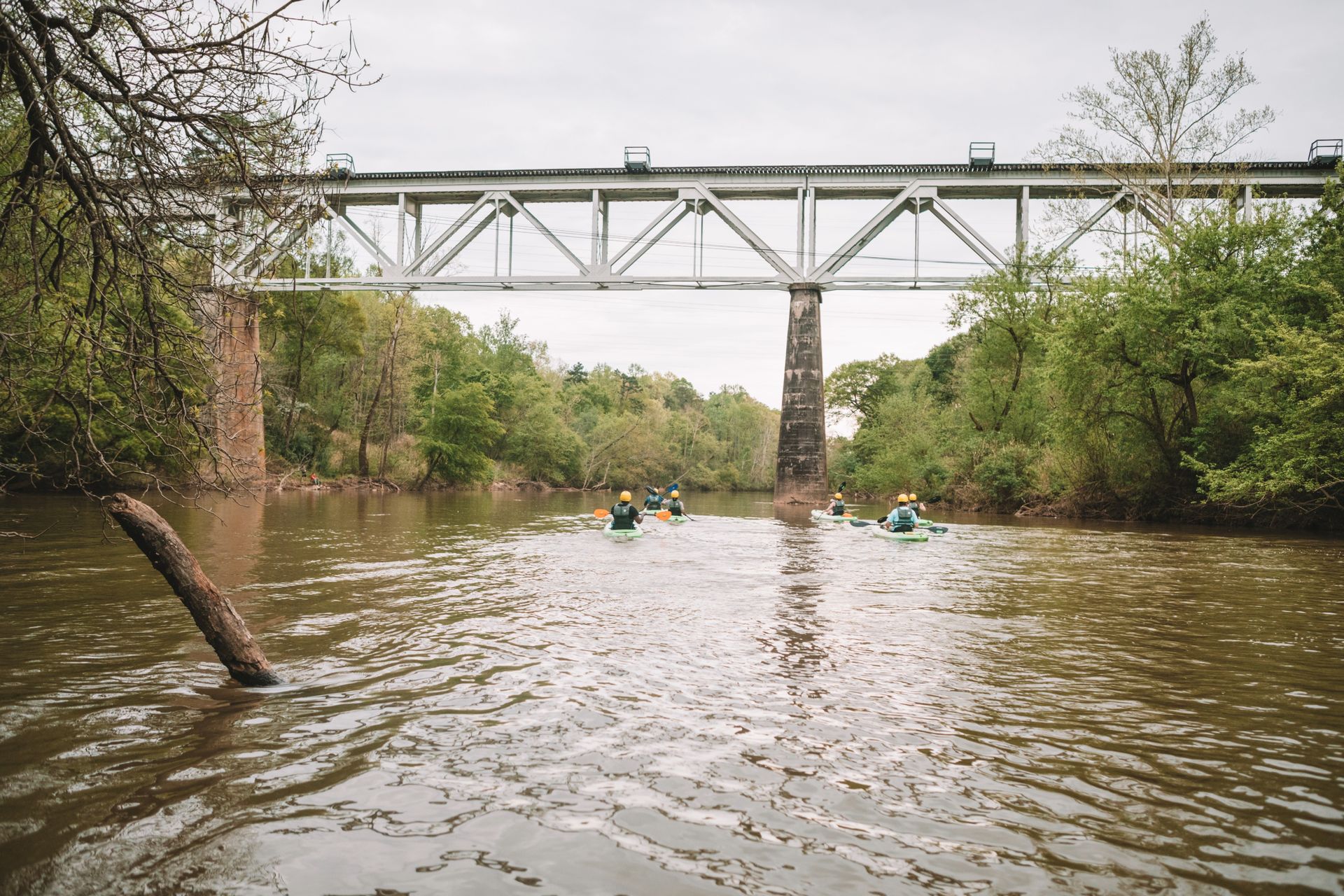Mid-Year Advocacy Updates

A Note from Columbia
Early in May in the SC State House, the Recreational Trail Easement bill passed the state legislature and became law! This bill, H.3121, creates a trails tax credit to incentivize private landowners to agree to a perpetual recreational trail easement and right of way. Landowners who participate will receive a 10 cent credit per square foot included in the easement, which must connect to a preexisting public trails network.
This tax credit will not only promote the growth of recreational opportunities in South Carolina, but it will also work to protect more land in the state, too. This is big win for South Carolina conservation efforts!
We strongly supported this bill because we see this as a way to have trails along our waterways. These trails will provide recreational access, but they will also help prevent future land disturbing activities along the banks. We are encouraging 100 ft. buffers across our basin, targeting new development. We see this as a great tool to encourage buffers on existing properties.
This bill passed UNANIMOUSLY so be sure to thank your legislators for voting for it!
Click here to read the bill text about H. 3121.
A Note from Raleigh
The North Carolina Legislature reconvened on Wednesday, April 24. There are several bills that we are tracking, but one of particular interest and importance is S. 613. This bill would mandate 25 ft. buffer minimums on state designated trout streams. We know buffers are critical to the health of our waters and trout populations. Trout alone generates more than $1.1 billion a year in North Carolina's economy, and these buffers would protect them as well as the headwaters of our river!
Find your State House member here and send them a note expressing your support of protecting the headwaters of our river!
This Election Season
This election year, it is critical that our candidates for office hear from you about the importance of conservation. Most candidates, regardless of political affiliation are not talking about conservation. Not sure where to find your candidates? You're in luck!
Join us on July 14 for Pig Pickin' and Politicin' at The River Room! We're hosting an old school fair event where you'll be able to learn about your candidates' thoughts on conservation and ask them your questions too!
Candidates & constituents from Gaston, Lincoln, Iredell, Mecklenburg, Cabarrus, Union, Cleveland, York, & Lancaster counties will be there to connect with you in a relaxed environment. You'll be able to enjoy local BBQ, engage with legislators, and ask questions about their conservation plans during a moderated Q & A with local conservation professionals.








